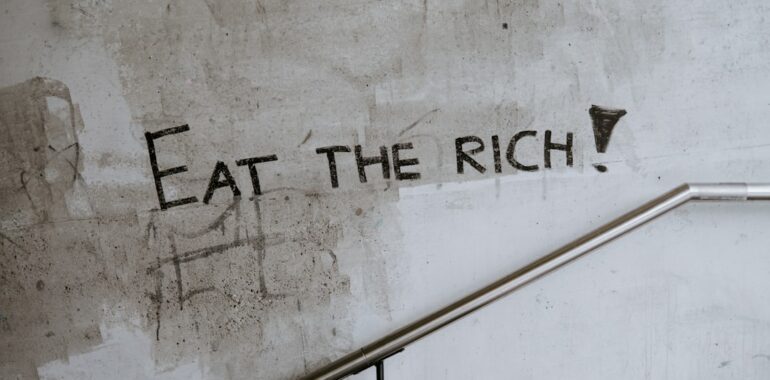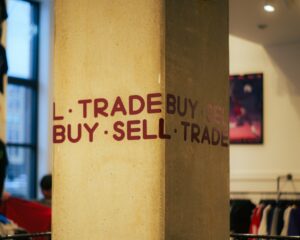Top 6 Revelations from Netflix’s ‘Eat the Rich’ on the GameStop Short Squeeze

Discover the six most shocking revelations from Netflix’s ‘Eat the Rich’ documentary on the GameStop short squeeze phenomenon.
1. The Controversial Post That Sparked the Movement
Alvan Chow, a pivotal retail investor and Redditor, ignited the GameStop short squeeze with his provocative post on r/wallstreetbets. Inspired by Ryan Cohen’s investment in GameStop, Chow highlighted the staggering 140% short interest in the company’s stock, setting the stage for a massive market upheaval. His rallying cry, imbued with pop culture references, galvanized a community of retail investors to take action against Wall Street’s hedge funds.
2. The Unexpected Surge in GameStop’s Stock
As investors rallied behind GameStop, driven by figures like Ryan Cohen and retail investors such as Joe Fonicello, GameStop’s stock experienced an unprecedented surge. From trading at $8 per share, the price skyrocketed into the 30s, fueled by a massive increase in trading volume from mere millions to over a hundred million shares daily. This meteoric rise epitomized the power of collective retail investing in the digital age.
3. Andrew Left and the Downfall of Citron Research
Andrew Left, the editor of Citron Research and a short seller of GameStop, found himself on the losing side of the squeeze. Despite his predictions, Left was unable to counter the relentless buying pressure from retail investors. His public condemnation of GameStop only intensified the conflict, leading to personal attacks and widespread ridicule within the WallStreetBets community, ultimately illustrating the vulnerability of short sellers against coordinated retail efforts.
4. GameStop’s Rise to Infamy Through Influencer Culture
The short squeeze was significantly amplified by influencer culture, with personalities like Matt Kohrs and even Elon Musk playing influential roles. Their endorsements and viral posts on platforms like YouTube, Twitter, and TikTok drew millions into the GameStop frenzy. This phenomenon showcased how modern digital influencers could manipulate and drive massive market movements, turning GameStop into a household name overnight.
5. The Devastating Losses for Hedge Funds
The GameStop short squeeze inflicted substantial financial damage on hedge funds, with Melvin Capital Management suffering losses of nearly $20 billion within a month. This collapse underscored the risks inherent in short selling and highlighted the newfound might of retail investors in challenging established financial institutions. The event served as a wake-up call, redefining the dynamics between Wall Street and retail traders.
6. Robinhood’s Controversial Role and Market Manipulation Claims
Robinhood, a key trading platform for retail investors, found itself at the center of controversy when it restricted GameStop trades during the peak of the squeeze. Accusations of market manipulation and conflicts of interest with Citadel Securities surfaced, leading to class action lawsuits and congressional investigations. The incident raised critical questions about the fairness and transparency of commission-free trading platforms, impacting the future of retail investing.
Conclusion
Netflix’s “Eat the Rich: The GameStop Saga” offers an in-depth exploration of one of the most dramatic episodes in recent financial history. Through exclusive interviews and high-quality production, the documentary sheds light on the intricate dynamics of the GameStop short squeeze, the rise of retail investing, and the evolving landscape of Wall Street. For those passionate about finance documentaries and seeking to understand the forces that shaped this phenomenon, “Eat the Rich” is a must-watch.
Ready to dive deeper into the world of GameStop and retail investing? Join the conversation at Superstonk!



